But it’s likely to be followed by an economic crisis.
Then what?
“After this crazy time of introspection and being cut away from humanity, I don’t think humans will go on Zoom. We’ll go pubbing. That’s what we’ll do. Eventually.”
I’m speaking with Spiros Malandrakis, Euromonitor International’s head of alcoholic drinks research, about current consumer trends and the changes we can expect in a post-pandemic world.
He thinks after one or two years of being “stuck in our bunkers” consumers won’t want to continue using Zoom or cutting down on alcohol consumption and prioritising their health; he believes consumers may go in the opposite direction – “not cutting down, not stressing about their health but rather embracing indulgence, chattelism and occasions they couldn’t explore for the last couple of years”.
He points out that the ‘Spanish’ flu pandemic of 1918–1919, which caused an estimated 50 million deaths worldwide, was followed by the Roaring Twenties.

The call to Spiros comes on the back of Euromonitor releasing its Top 10 Global Consumer Trends 2021 report.
My interpretation of the report is that the Covid-19 crisis is set to benefit the wine industry in unexpected ways. But I wanted to check my interpretation with an expert like Spiros, who is working on his own report which is geared specifically to the alcoholic drinks industry and will be released in a few months.
“The pandemic has potentially benefitted segments of the wine trade,” he agrees. For example, he believes wine has become part of new at-home rituals and finally reached younger consumers who used to drink craft beers, gin and non-alcoholic products with work colleagues. Now, stuck at home, he says they are “flirting” with wine and, if the industry manages to cement that, “then it could have a leg up in the medium term onwards”.
To cement the relationship with younger consumers, he says the industry needs to modernise its “language, packaging formats and direct-to-consumer channels”.
Euromonitor’s latest trends report suggests consumers are concerned about:
- Sustainability
- Convenience
- Reconnecting with nature
- Using digital tools
- Exceptional hygiene and sanitation standards
- Affordable products and services
- Finding a new work-life balance
Spiros believes these trends will be relevant for this year and next, but longer term, he says, “human nature can go in the opposite direction entirely.”
Alison Angus, head of lifestyles at Euromonitor International, says: “2021 will be a pivotal year. Tailoring strategies to these emerging consumer trends will empower businesses to endure the unexpected and overcome adversities.”
Summaries of the top 10 global consumer trends for 2021
Build Back Better – Protecting the health and interest of society and the planet is the new expectation. Consumers expect purpose-driven initiatives that support “people, planet and profits”. 69% of professionals expect consumers to be more concerned about sustainability than before Covid-19. “Consumers will seek brands that help make the world cleaner, healthier, more resilient and equitable,” the report says.Examples of wine producers trying to turn the tide on environmental damage.
‘Health and sustainability’ has also been identified as a key trend by the IWSR. Organic, biodynamic, and low-intervention wines will benefit, it says.
“With the pandemic highlighting the fragility and vulnerability of our place within the natural world, the focus on ingredients, authenticity, proximity, wellness, and taking care of yourself, society and the planet, are all climbing fast,” says Daniel Mettyear, research director for wine at IWSR.
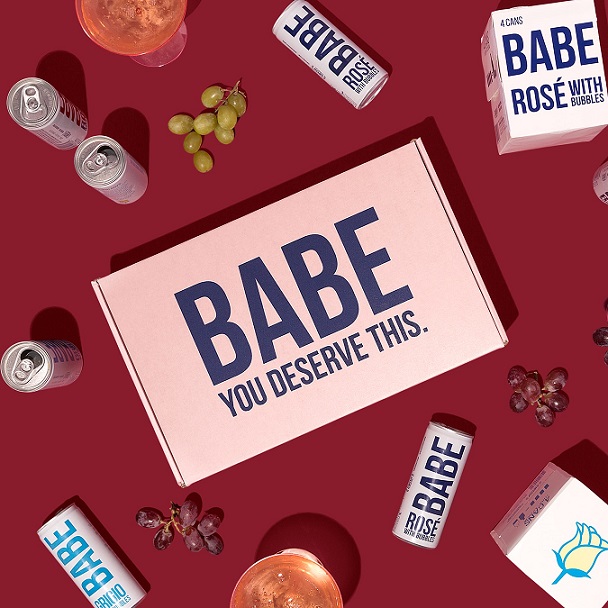
Craving Convenience – Consumer expenditure is expected to shrink alongside an economic downturn, so convenience will play a pivotal role in purchasing decisions.
Boxed wines, smaller format bottles, and cans “will all be key ingredients in the growth narrative for wine moving forward,” Spiros tells me. He thinks smaller format bottles will be important for those seeking “affordability and indulgence”.
He can also see spritzers in a can working well – sparkling, low alcohol, ‘clean’, refreshing, youth-friendly, convenient and trendy. It ticks a lot of boxes.
Guaranteed product availability and subscription services are also part of this trend, as they minimise or eliminate the number of shopping trips needed.
But the report cautions that “businesses need to account for the disparity between what customers of different ages perceive to be convenient. Younger consumers prefer digital interactions, whereas older consumers prefer talking to human customer service representatives”.
IWSR says bag-in-box wine sales are booming in the US, UK and Japan, while canned wine is performing well in the US, UK and Australia.
Outdoor Oasis – Wine tourism could benefit as consumers look to reconnect with nature and visit open-air venues for leisure and to safely socialise. An Outdoor Oasis provides a change of scenery and enables the feeling of connectedness while disconnecting from crowds. Dining, exercising, socialising and relaxing in open-air venues become essential for trapped consumers.
Spiros thinks this trend will benefit wine tourism, but he has “serious doubts about this year”.
He adds: “The interesting part for me is that finally these wineries made the move into the digital realm in the last year. And it wasn’t just about Zoom, it was about creating, in some cases, virtual reality tours and digital conversations with consumers.”
'Reaching a wider audience'Phygital Reality – This is a hybrid of physical and virtual worlds where consumers can seamlessly live, work, shop and play both in person and online. Consumers are happy to use digital tools to stay connected at home and to facilitate safer procedures in brick-and-mortar outlets, so look at your digital strategy. Businesses are offering new goods for delivery and services for virtual consumption that can replicate out-of-home experiences – and, by doing so, are reaching a wider audience.
They can also integrate virtual processes into their physical spaces to give consumers who prefer to stay home the comfort to venture out instead. “Delivering virtually enabled at-home experiences remains imperative to drive e-commerce sales and gather data,” Euromonitor says.
Spiros points to the success of direct-to-consumer wine company Empathy Wines, recently acquired by Constellation Brands. Empathy Wines, co-founded by entrepreneur Gary Vaynerchuk in 2019, has sold about 15,000 cases of California-sourced wine and has amassed more than 2,000 subscribers. “I will expect to see many more of these brands to appear in the short to medium term,” Spiros says.
Related to this, Spiros believes augmented reality labels like those used on Treasury Wines’ 19 Crimes and The Walking Dead Wine brands will become more popular with consumers and producers in the years to come.
IWSR says the high level of investment and recruitment in ecommerce and digital engagement over the past year means its success will not be restricted to the short term.
Restless and Rebellious – A growing number of consumers are getting involved in political and social issues. The Restless and Rebellious are “revenge shopping” – shopping extravagantly after being restricted and homebound for several months. They are also seeking out high-risk activities like illegal parties and online gambling.
Natural wines should appeal to rebellious youngsters, Spiros thinks. “It has the potential to open up the category to a segment that wouldn’t have touched wine in the past,” he says. “It’s essentially the same demographic that drinks craft beer.”
Safety Obsessed – Consumers are demanding contactless services, exceptional sanitation standards and products that enhance hygiene and immunity. Safety Obsessed is the new wellness movement, evolving from basic hygiene to general health.
The fear of infection and increased health awareness could translate into increasing demand for low-intervention, organic, biodynamic or ‘clean’ wines, as well as no- and low-alcohol wines.
'Safety will be secondary to actually living life'Spiros doesn’t think this trend will last much beyond this year or next. “Beyond that, I think we will see a pushback against it,” he tells me. “There are many psychological functions happening in the human being as we are stuck in for so long. For some people, yes, an obsession with safety will be one reaction but, for others, who have essentially lost a year or two of their lives, safety will be secondary to actually living life. This sense of missing out may push people to start taking more risks.”
He thinks the debate about ‘clean wines’, sparked by the launch of Cameron Diaz’s Avaline brand, is significant in commercial terms. He says: “Consumers were very interested in this. Competitors and ‘me-too’ brands will start copying this and some of the critics of this will also embrace it simply because it will allow them to sell more wine.”
The ‘Safety Obsessed’ trend could also turn consumers to “a safe and trusted brand”.
Spiros thinks that post-pandemic consumers may revert, at least in the short term, either to familiar brands – even brands “they previously looked down upon” – or local products, with drinkers buying domestic or regional wines.
“In times of major crises, we know that consumers return to things they trust and provide psychological comfort,” he points out.
Thoughtful Thrifters – With discretionary spending in decline due to the uncertain economic environment, consumers are prioritising value-added, affordable, health-conscious products and services. Euromonitor says companies “should pivot towards value-for-money propositions, offering affordable options without sacrificing quality”.
It advises: “Readjusting product portfolios, distribution channels, promotions and supply chains to cater to Thoughtful Thrifters will futureproof businesses for a new normal.”
'All the middle grounds will start being squeezed'Workplaces in New Spaces – Consumers are finding a new work-life balance, as remote collaboration redefines the traditional office environment. With less mobility, consumers are spending more to emulate the dining, shopping or other leisure experiences in their homes.
Virtual socialising and “affordable premiumisation” are two of the outcomes.
Although the trend for premiumisation has held fast and strong during the pandemic, Spiros wonders how long it will last. He thinks ‘polarisation’ is the longer-term trend.
He explains: “What is happening is that people seemingly are still buying premium products, potentially even buying more premium products, but what is actually happening is they cannot spend their discretionary income anywhere else. Secondly, they have massive and not sustainable government support schemes, which will soon end, so the question remains: what happens when all these people are allowed to use the money whichever way they want, and the support schemes inevitably end? What I think will happen is we will transition from premiumisation to polarisation. Polarisation means some super-premium fine wines will do really well and some economic products will start doing really well and all the middle grounds will start being squeezed from both sides.”
Playing with Time – Consumers want to gain newfound flexibility, scheduling activities in a non-conventional order to suit individual time demands. Businesses should provide solutions that address the consumer desire to maximise time, offering increased flexibility, especially with products and services that can be accessed from or near the home.
51% of consumers chose “time for myself” amongst their top three life priorities.
Shaken and Stirred – Consumers are reassessing priorities and identities in pursuit of a more fulfilled life and improved mental resilience. Online classes and at-home events will continue to be popular in 2021, as consumers seek products that help them develop new skills.
Expanding the market with PET bottles and cans. How Japanese wine producer Mercian is using new packaging formats and creating new categories, brands and “taste sensations” to win over younger drinkers. Click here for the full story.

 English
English French
French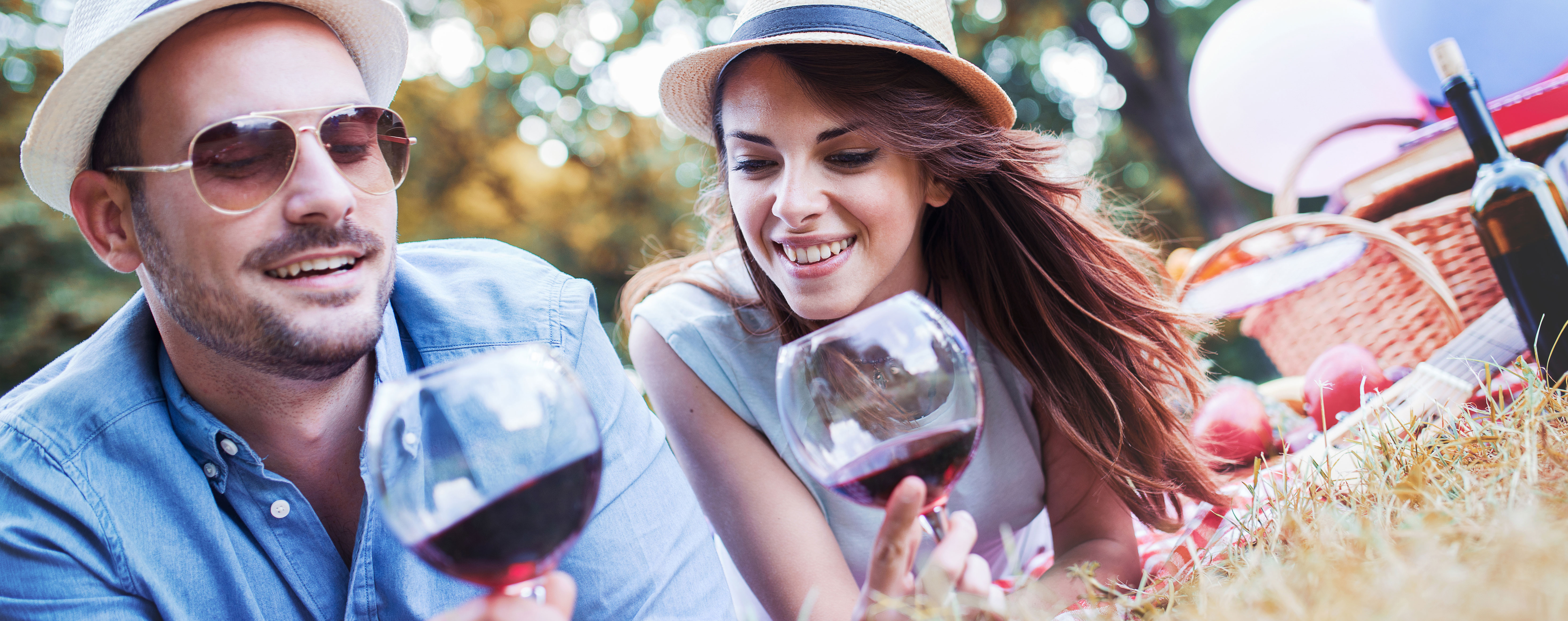


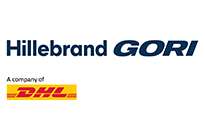

.png)
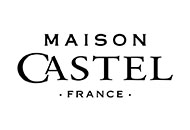
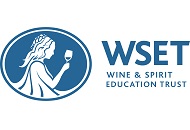

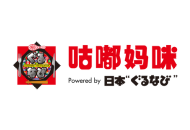
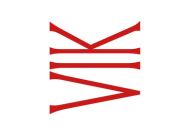

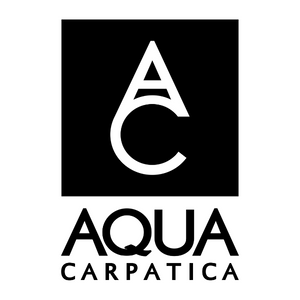
.png)
